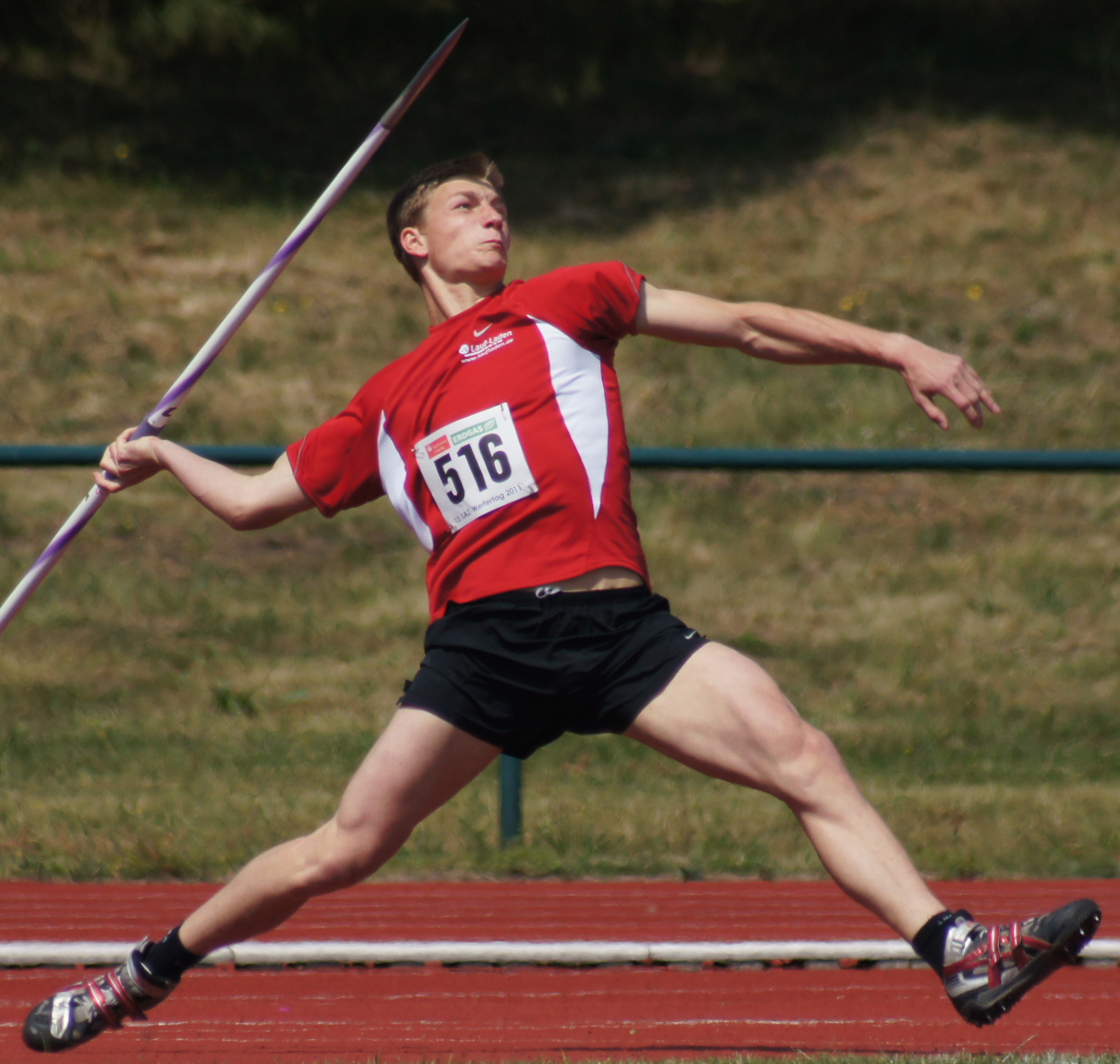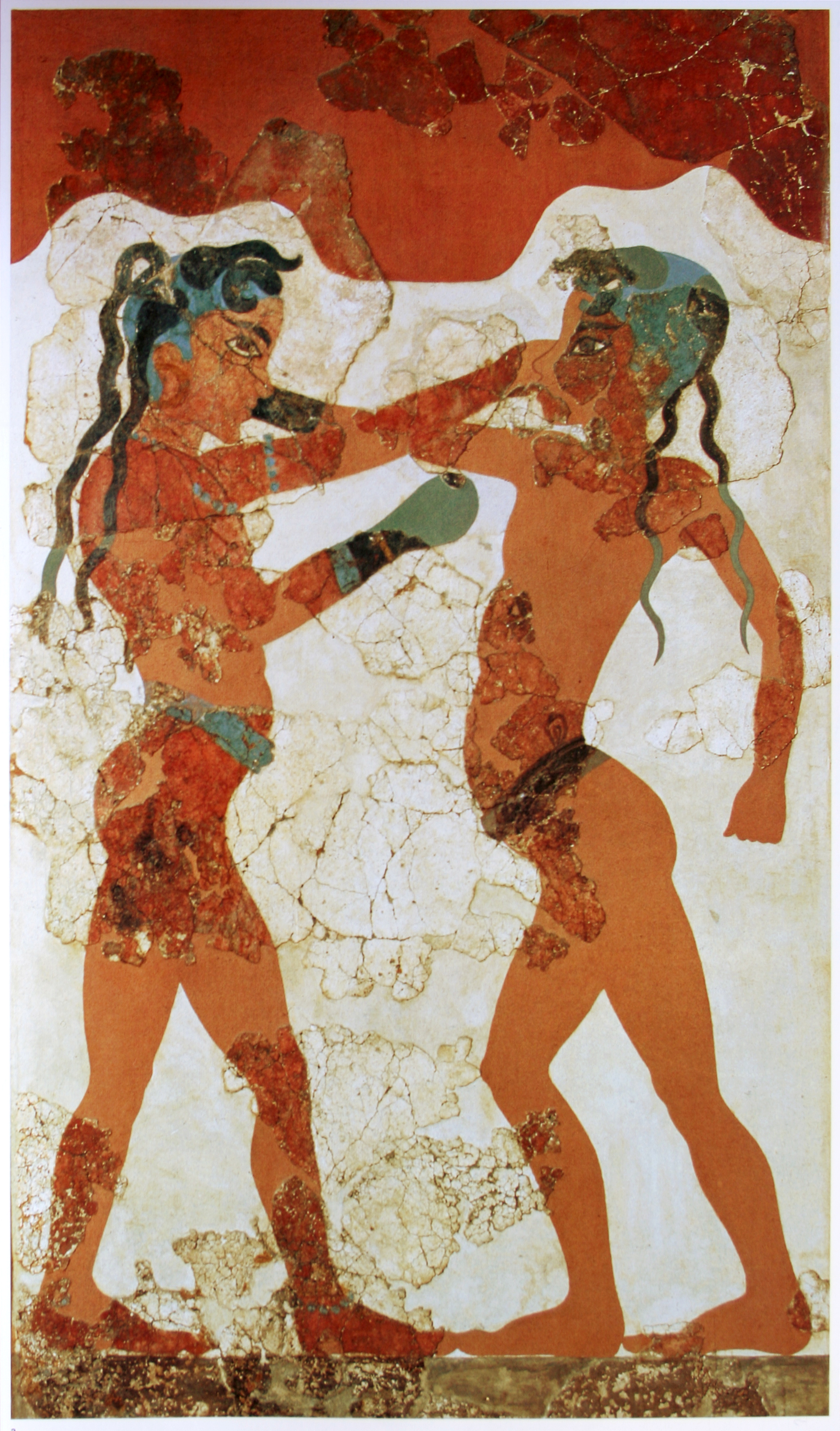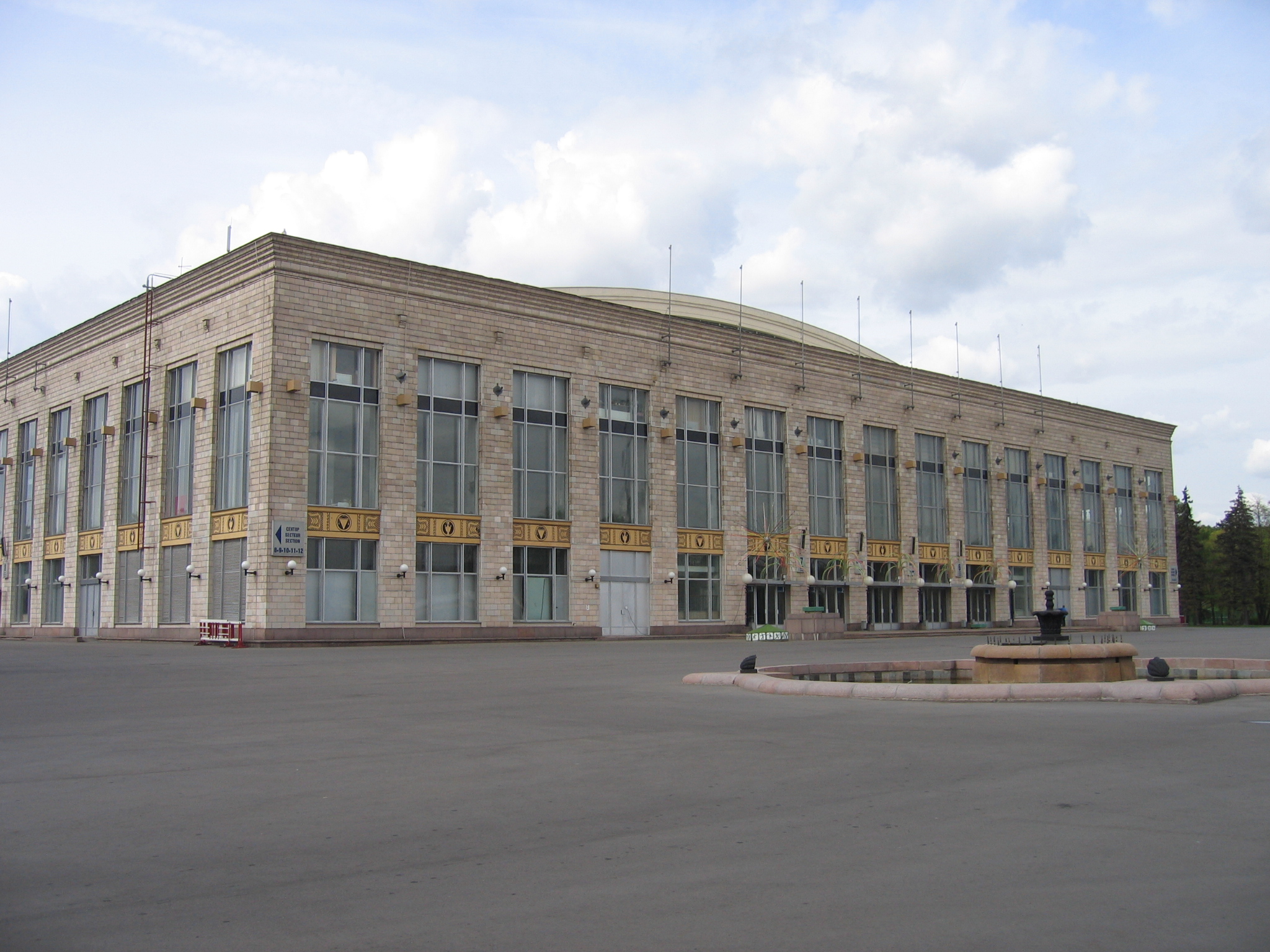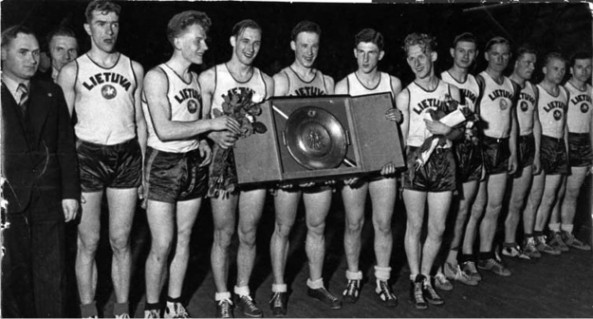|
Wybrzeże Gdańsk
Wybrzeże Gdańsk (''Gdańsk Coast Club'') is a Polish multi-sports club established in 1945, most known for the motorcycle speedway team who race in the 1. Liga. Speedway 2022 squad * Rasmus Jensen * Wiktor Trofimov * Piotr Gryszpinski * Jakub Jamróg * Timo Lahti * Kamil Marciniec * Karol Zupinski * Milosz Wysocki * Adrian Gala Honours Other Sections The club had many other sections over the years, out of which only the speedway team survived throughout the club's history. The men's handball team has been revived in 2010. Athletics The athletics team competed between 1945-1971. The club's achievements were: * 22 Senior Polish Championship Titles * European Championships Vice-Champion: Władysław Nikiciuk - javelin, 1966 European Athletics Championships * European Championships Bronze Medal: Władysław Komar - shot put, 1966 European Athletics Championships Basketball There was a men's section which existed between 1949-1995. The club made a bri ... [...More Info...] [...Related Items...] OR: [Wikipedia] [Google] [Baidu] |
Zbigniew Podlecki
Zbigniew Podlecki (19 January 1940 – 8 January 2009) was a Polish motorcycle speedway rider who won Team World Champion title in 1965. He was born in Vilnius, Lithuania. His career ended in 1972 when he had a road accident. He died in Gdańsk in January 2009. His team Wybrzeże Gdańsk named their stadium after him and it i snow called the Stadium Zbigniew Podlecki. World Final Appearances Individual World Championship * 1964 - Göteborg, Ullevi - 14th - 3pts * 1969 - London, Wembley Stadium - Reserve - 3pts World Team Cup * 1964 - Abensberg, Abensberg Stadion (with Andrzej Pogorzelski / Andrzej Wyglenda / Marian Kaiser / Marian Rose) - 4th - 16pts (3) * 1965 - Kempten (with Andrzej Wyglenda / Antoni Woryna / Andrzej Pogorzelski) - Winner - 28pts (7) * 1967 - Malmö, Malmö Stadion (with Jerzy Trzeszkowski Jerzy Trzeszkowski (born 10 January 1945) is a former international speedway rider from Poland. Speedway career Trzeszkowski reached the final of ... [...More Info...] [...Related Items...] OR: [Wikipedia] [Google] [Baidu] |
Javelin Throw
The javelin throw is a track and field event where the javelin, a spear about in length, is thrown. The javelin thrower gains momentum by running within a predetermined area. Javelin throwing is an event of both the men's decathlon and the women's heptathlon. History The javelin throw was added to the Ancient Olympic Games as part of the pentathlon in 708 BC. It included two events, one for distance and the other for accuracy in hitting a target. The javelin was thrown with the aid of a thong ('' ankyle'' in Greek) that was wound around the middle of the shaft. Athletes held the javelin by the ''ankyle'', and when they released the shaft, the unwinding of the thong gave the javelin a spiral trajectory. Throwing javelin-like poles into targets was revived in Germany and Sweden in the early 1870s. In Sweden, these poles developed into the modern javelin, and throwing them for distance became a common event there and in Finland in the 1880s. The rules continued t ... [...More Info...] [...Related Items...] OR: [Wikipedia] [Google] [Baidu] |
Boxing At The 1948 Summer Olympics
Boxing (also known as "Western boxing" or "pugilism") is a combat sport in which two people, usually wearing protective gloves and other protective equipment such as hand wraps and mouthguards, throw punches at each other for a predetermined amount of time in a boxing ring. Although the term "boxing" is commonly attributed to "western boxing", in which only the fists are involved, boxing has developed in various ways in different geographical areas and cultures. In global terms, boxing is a set of combat sports focused on striking, in which two opponents face each other in a fight using at least their fists, and possibly involving other actions such as kicks, elbow strikes, knee strikes, and headbutts, depending on the rules. Some of the forms of the modern sport are western boxing, bare knuckle boxing, kickboxing, muay-thai, lethwei, savate, and sanda. Boxing techniques have been incorporated into many martial arts, military systems, and other combat sports. While hum ... [...More Info...] [...Related Items...] OR: [Wikipedia] [Google] [Baidu] |
Boxing At The 1952 Summer Olympics
Final results for the boxing Boxing (also known as "Western boxing" or "pugilism") is a combat sport in which two people, usually wearing protective gloves and other protective equipment such as hand wraps and mouthguards, throw punches at each other for a predetermine ... competition at the 1952 Summer Olympics. The events were held at Messuhalli. From this edition of the Olympic Games, the bronze medal match was abolished. No bronze medals were awarded, but their flags were on the podium. In 1970, the AIBA and IOC agreed to retroactively award bronze medals to losing semifinalists. Medal summary Medal table References External links Official Olympic Report {{Val Barker Trophy winners 1952 Summer Olympics events 1952 1952 in boxing ... [...More Info...] [...Related Items...] OR: [Wikipedia] [Google] [Baidu] |
Aleksy Antkiewicz
Aleksy Antkiewicz (12 November 1923 – 3 April 2005) was a Polish boxer. He won two Olympic medals for Poland: bronze in London 1948 in featherweight division (which was the only Polish medal at those Olympic Games and the first medal for Poland in boxing) and silver at the next Olympics in Helsinki 1952 in the lightweight division. He was born in Katlewo, Warmia and died in Gdańsk Gdańsk ( , also ; ; csb, Gduńsk;Stefan Ramułt, ''Słownik języka pomorskiego, czyli kaszubskiego'', Kraków 1893, Gdańsk 2003, ISBN 83-87408-64-6. , Johann Georg Theodor Grässe, ''Orbis latinus oder Verzeichniss der lateinischen Benen .... 1952 Olympic results Aleksy Antkiewicz competed as a lightweight boxer for Poland in the 1952 Olympic boxing tournament in Helsinki, Finland. Below are his results from that tournament: * Round of 32: defeated Benjamin Enriquez of the Philippines by decision, 3-0; * Round of 16: defeated Hans-Werner Wohlers of West Germany by decisi ... [...More Info...] [...Related Items...] OR: [Wikipedia] [Google] [Baidu] |
EuroBasket 1967
The 1967 FIBA European Championship, commonly called FIBA EuroBasket 1967, was the fifteenth FIBA EuroBasket regional basketball championship, held by FIBA Europe. Venues First round Group A – Helsinki Group B – Tampere Knockout stage Places 13 – 16 in Tampere Places 9 – 12 in Helsinki Places 5 – 8 in Tampere Places 1 – 4 in Helsinki Finals Final standings # # # # # # # # # # # # # # # # Awards Team rosters 1. Soviet Union: Sergei Belov, Modestas Paulauskas, Gennadi Volnov, Jaak Lipso, Anatoly Polivoda, Priit Tomson, Tõnno Lepmets, Alzhan Zharmukhamedov, Vladimir Andreev, Zurab Sakandelidze, Yuri Selikhov, Anatoli Krikun (Coach: Alexander Gomelsky) 2. Czechoslovakia: Jiří Zídek Sr., Jiří Zedníček, Jir i Ammer, Vladimir Pistelak, Frantisek Konvicka, Bohumil Tomasek, Robert Mifka, Jiri Ruzicka, Jan Bobrovsky, Karel Baroch, Jiří Marek, Celestyn Mrazek (Coach: Vladimir Heger) 3. Poland: Mieczysła ... [...More Info...] [...Related Items...] OR: [Wikipedia] [Google] [Baidu] |
EuroBasket 1965
The 1965 FIBA European Championship, commonly called FIBA EuroBasket 1965, was the fourteenth FIBA EuroBasket regional basketball championship, held by FIBA Europe. Venues Results First round Group A – Moscow Group B – Tbilisi Places 13 – 16 Places 9 – 12 Places 5 – 8 Places 1 – 4 Finals Final standings # # # # # # # # # # # # # # # # Awards Team rosters #Soviet Union: Gennadi Volnov, Modestas Paulauskas, Jaak Lipso, Armenak Alachachian, Aleksander Travin, Aleksander Petrov, Zurab Sakandelidze, Viacheslav Khrinin, Visvaldis Eglitis, Nikolai Baglei, Nikolai Sushak, Amiran Skhiereli (Coach: Alexander Gomelsky) #Yugoslavia: Radivoj Korać, Ivo Daneu, Petar Skansi, Slobodan Gordić, Trajko Rajković, Josip Đerđa, Nemanja Đurić, Vital Eiselt, Miloš Bojović, Dragan Kovačić, Zvonko Petričević, Dragoslav Ražnatović (Coach: Aleksandar Nikolić) #Poland: Mieczyslaw Lopatka, Bohdan Likszo, Andrzej Pstr ... [...More Info...] [...Related Items...] OR: [Wikipedia] [Google] [Baidu] |
EuroBasket 1963
The 1963 FIBA European Championship, commonly called FIBA EuroBasket 1963, was the thirteenth FIBA EuroBasket regional basketball championship, held by FIBA Europe. Sixteen national teams affiliated with the International Basketball Federation (FIBA) entered the competition. The tournament was hosted by Poland, and held in Wrocław. First round Group A Group B Knockout stage 13th–16th place playoffs 13th–16th place playoffs 15th place playoffs 13th place playoffs 9th–12th place playoffs 9th-12th place playoffs 11th place playoffs 9th place playoffs 5th–8th place playoffs 5th-8th place playoffs 7th place playoffs 5th place playoffs Final round Semifinals ---- Bronze medal match Final Final standings # # # # # # # # # # # # # # # # Awards Team rosters 1. Soviet Union: Jānis Krūmiņš, Gennadi Volnov, Ja ... [...More Info...] [...Related Items...] OR: [Wikipedia] [Google] [Baidu] |
Zbigniew Dregier
Zbigniew Dregier (born 17 July 1935) is a Polish former basketball player. He competed in the men's tournament at the 1960 Summer Olympics, and the 1964 Summer Olympics The , officially the and commonly known as Tokyo 1964 ( ja, 東京1964), were an international multi-sport event held from 10 to 24 October 1964 in Tokyo, Japan. Tokyo had been awarded the organization of the 1940 Summer Olympics, but this ho .... References External links * 1935 births Living people Polish men's basketball players 1967 FIBA World Championship players Olympic basketball players of Poland Basketball players at the 1960 Summer Olympics Basketball players at the 1964 Summer Olympics People from Volyn Oblast {{Poland-basketball-bio-stub ... [...More Info...] [...Related Items...] OR: [Wikipedia] [Google] [Baidu] |
FIBA EuroBasket
EuroBasket, also commonly referred to as the European Basketball Championship, is the main international basketball competition that is contested quadrennially, by the senior men's national teams that are governed by FIBA Europe, which is the European zone within the International Basketball Federation. The competition was first held in 1935. The former Soviet Union holds the record for most gold medals with a total of 14. The tournament is generally held in August or September, in the offseason of major club competitions. The current defending champion is Spain, who won the 2022 title. History Beginning The first championships was held three years after the establishment of FIBA, in 1935. Switzerland was chosen as the host country, and ten countries joined. Only one qualifying match was played between Portugal and Spain. With a complicated formula, the final would see Latvia as champions. According to the rule at the time, the winner had to hold the following games. The follo ... [...More Info...] [...Related Items...] OR: [Wikipedia] [Google] [Baidu] |
Polish Cup (basketball)
The Polish Basketball Cup ( pl, Puchar Polski w koszykówce mężczyzn) is the annual top-tier level national domestic basketball cup competition for clubs in Poland. It is managed and organised by the Polish Basketball League (PLK). The competition was founded in 1933. Śląsk Wrocław has won the most titles, with 14 trophies. History The creation of the tournament was initiated in 1933, by the Polish Association of Sports Games (PZGS), an organisation which carried out the organisation of national sports competitions in Poland. Format Since the 2012 season, a Final Eight format is used, in which the highest placed teams from the first half of a given Polish Basketball League (PLK) regular season qualify. Games are usually played over a four-day span in February. Additionally, the host of the tournament gains automatic qualification to the tournament. Finals Titles by club : The history of Prokom Trefl Sopot stays with Asseco Gdynia. See also * Polish League * P ... [...More Info...] [...Related Items...] OR: [Wikipedia] [Google] [Baidu] |
Polska Liga Koszykówki
Polska Liga Koszykówki (PLK) (English: Polish Basketball League) is a professional men's club basketball league in Poland. It constitutes the first and highest-tier level of the Polish league pyramid. The winning team of the final round are crowned the Polish Champions of that season. It began in 1947–48, with the name of I Liga, and was originally organized by the Polish Basketball Federation. The league changed to its current form, beginning with the 1997–98 season, after the Polska Liga Koszykówki SA, PLK SA (the Polish Basketball League Joint-stock company) took control over the league (the PLK SA was created in 1995). In 2000–01 season the league turned professional. The PLK, which is played under FIBA rules, currently consists of 16 teams. A PLK season is split into a league stage and a playoffs stage (since 1984–85 season). At the end of the league stage, the top eight teams qualify for the playoff stage. The competition Polish basketball men's championships has ... [...More Info...] [...Related Items...] OR: [Wikipedia] [Google] [Baidu] |






